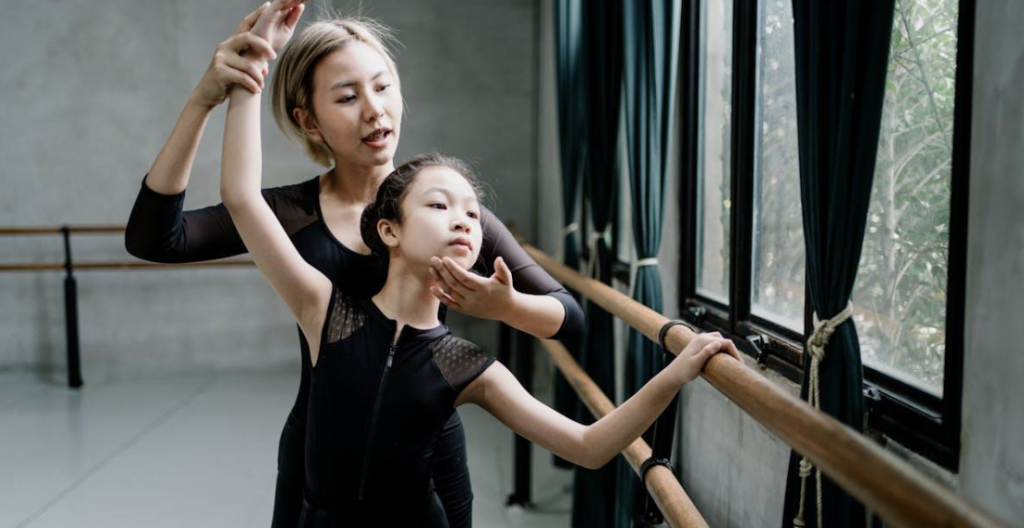The Significance of Extracurriculars

In the ever-evolving landscape of childhood development, extracurricular activities have emerged as more than just a means to fill the after-school hours. These pursuits serve as gateways, enabling children to explore their interests, forge lasting connections, and nurture lifelong skills and hobbies. For our remarkable kids with Attention Deficit Hyperactivity Disorder (ADHD) and Autism Spectrum Disorder (ASD), these activities hold even greater significance, offering a nurturing environment for growth, self-discovery, and the cultivation of essential life skills.
Understanding ADHD and ASD
Before delving into the world of extracurricular activities, it's crucial to understand the unique challenges faced by children with ADHD and ASD. ADHD, one of the most common neurodevelopmental disorders in children, is characterized by symptoms such as inattention, hyperactivity, and impulsivity. On the other hand, ASD is a complex developmental condition that affects communication, social interaction, and behavior.
Children with ADHD may struggle with focusing, following multi-step instructions, and regulating their emotions, while those with ASD often experience difficulties in social interaction, communication, and sensory processing. These challenges can make traditional classroom settings and structured activities demanding, highlighting the importance of finding extracurricular pursuits that cater to their unique needs and strengths.
The Transformative Power of Extracurriculars
Extracurricular activities offer a safe haven for children with ADHD and ASD, providing a nurturing environment where they can explore their interests, build confidence, and develop essential life skills. These pursuits serve as a bridge, helping them step into the broader world and fostering understanding, patience, and camaraderie among their peers.
Socialization and Friendship
One of the most significant benefits of extracurricular activities is the opportunity for socialization and the formation of meaningful friendships. The informal setting of these activities allows children with ADHD and ASD to engage with their surroundings and peers at their own pace, fostering social skills and a sense of belonging.
Exploring Interests and Talents
Children with ADHD and ASD often possess unique talents and interests that may not be fully realized in traditional academic settings. Extracurricular activities provide a platform for them to explore these passions, whether it's through artistic expression, music, sports, or intellectual pursuits. By observing their moments of deep focus and genuine delight, parents can gain insights into their child's true interests and guide them towards activities that resonate with their innate abilities.
Building Self-Esteem and Confidence
Participation in extracurricular activities can have a profound impact on a child's self-esteem and confidence. By providing a low-pressure environment where mistakes are embraced as part of the learning process, these activities encourage children to experiment, take risks, and celebrate their achievements, no matter how small. This positive reinforcement can foster a sense of pride, independence, and resilience, essential for their overall well-being and future success.

Choosing the Right Extracurricular Activity
With a myriad of options available, selecting the most suitable extracurricular activity for a child with ADHD or ASD can be a daunting task. However, by considering their unique needs, interests, and strengths, parents can make an informed decision that sets their child on a path to personal growth and fulfillment.
Physical Activities
For children with ADHD, physical activities can be particularly beneficial as they provide an outlet for their boundless energy and help improve focus and attention. Activities such as swimming, martial arts, gymnastics, track and field, and team sports like baseball can not only promote physical fitness but also teach valuable lessons in discipline, teamwork, and perseverance.
Artistic Expression

Art classes, music, and dance offer a world where imagination can roam free, and emotions can be expressed through various mediums. These activities provide a safe space for children with ASD or ADHD to communicate their thoughts and feelings, fostering creativity and self-expression.
Individualized Pursuits
While team activities can be rewarding, some children may thrive in individual pursuits that allow them to set their own pace and focus on personal growth. Activities like archery, cooking, environmental clubs, and reading clubs can cater to their unique interests while promoting concentration, patience, and a sense of accomplishment.
Supportive Environments
Regardless of the chosen activity, it's essential to ensure that the environment is supportive and inclusive. Coaches, instructors, and activity sponsors should be equipped with the knowledge and strategies to accommodate children with ADHD and ASD, such as providing one-on-one instruction, frequent check-ins for understanding, and opportunities for choice and flexibility.
Nurturing Their Journey with Proper Nutrition
As children with ADHD and ASD embark on their extracurricular adventures, providing them with the right nutritional support is pivotal. A well-balanced diet, rich in essential vitamins, minerals, and omega fatty acids, can contribute to brain development, cognitive function, and overall well-being.
Multivitamin and mineral supplements, like the Multivitamin Mineral Plus, can offer a comprehensive blend of essential nutrients tailored to their unique needs. For those seeking to enhance brain health and cognitive functions, supplements like Super Omega, rich in essential omega fatty acids, can be an excellent addition.
On days when maintaining focus and attention is a challenge, natural supplements like Cam and Focus can aid in enhancing concentration and providing a calming effect on the mind. By supporting their passions with the right nutritional tools, parents can equip their children with the necessary resources for a successful and fulfilling journey.
Conclusion
In the ever-evolving world of childhood development, extracurricular activities offer a profound opportunity for children with ADHD and ASD to thrive. By providing a nurturing environment that fosters socialization, self-expression, and the development of essential life skills, these pursuits serve as a catalyst for personal growth and self-discovery.
As parents, it's our responsibility to embrace our children's unique abilities and guide them towards activities that resonate with their interests and strengths. By fostering a supportive and inclusive environment, we can empower our remarkable children to unleash their full potential and embark on a journey of lifelong learning, self-confidence, and personal fulfillment.
Remember, the journey may involve some experimentation, but with perseverance and an open mind, the right extracurricular activity can provide numerous benefits for children with ADHD and ASD, enabling them to soar beyond their wildest dreams.
For more information on MPG's Executive Function Training & Coaching, click here.
For more information on MPG's Parenting Skills Group for Children with ADHD, click here.




